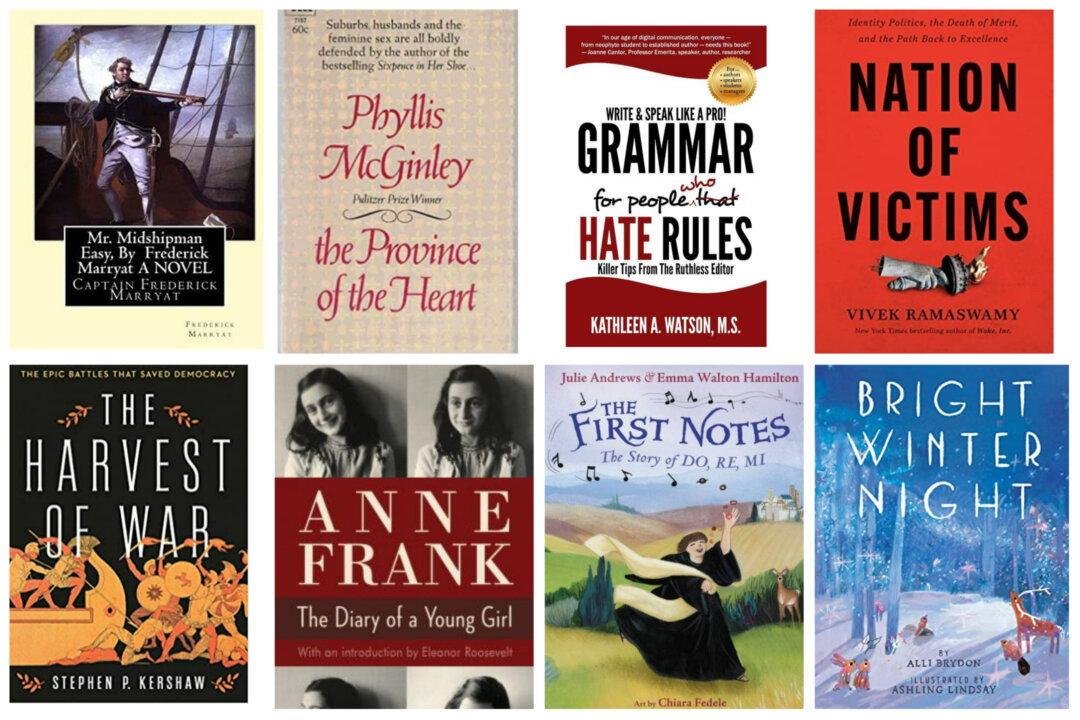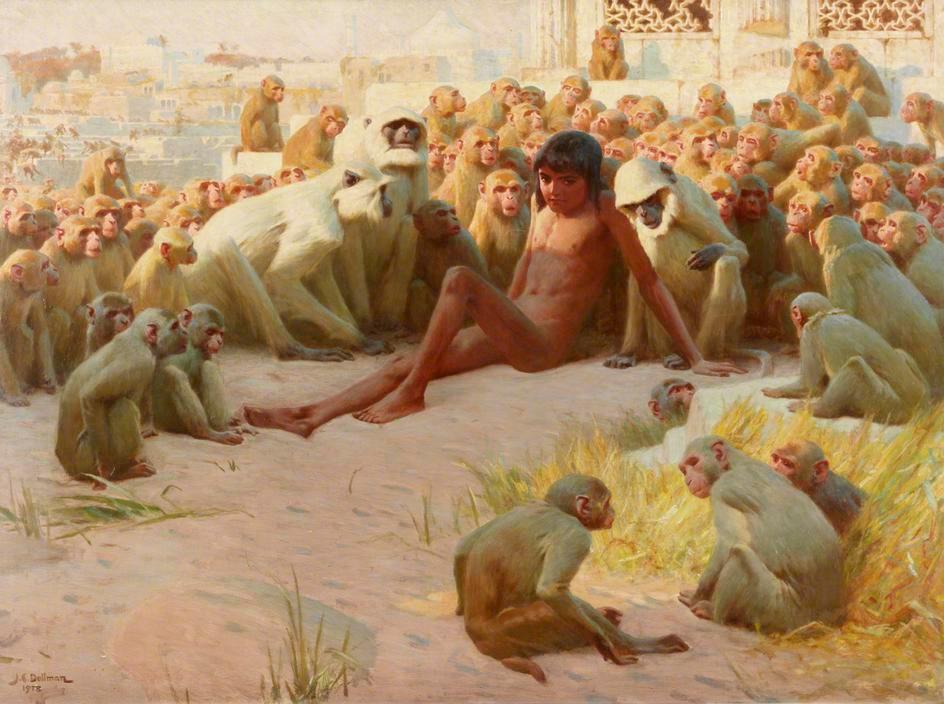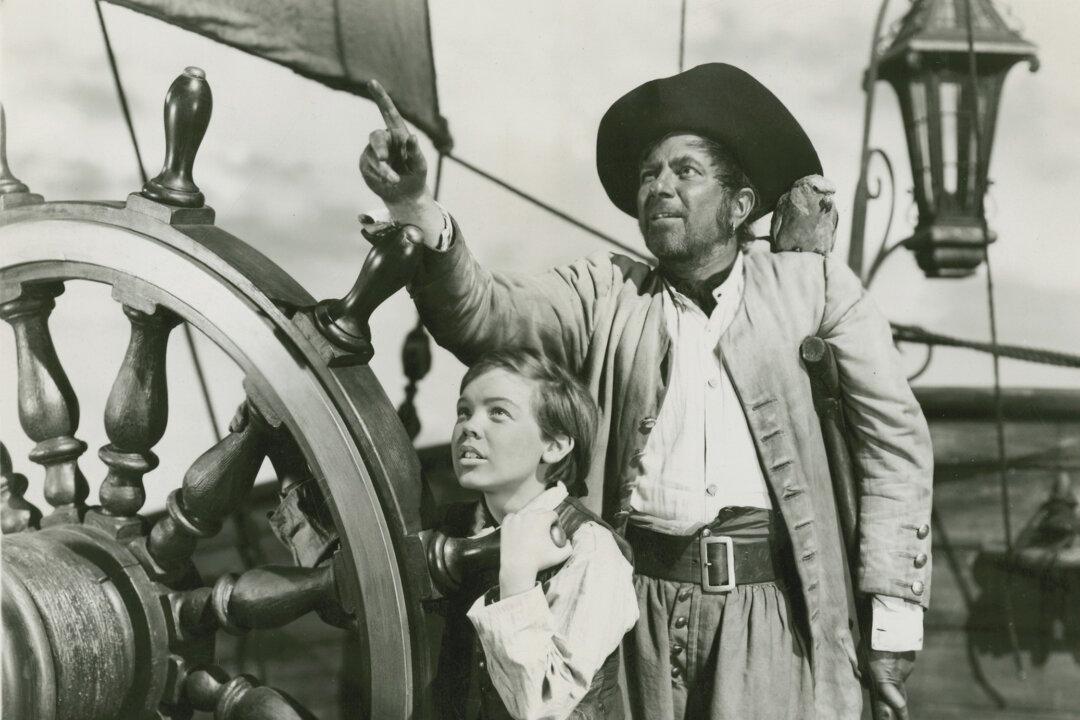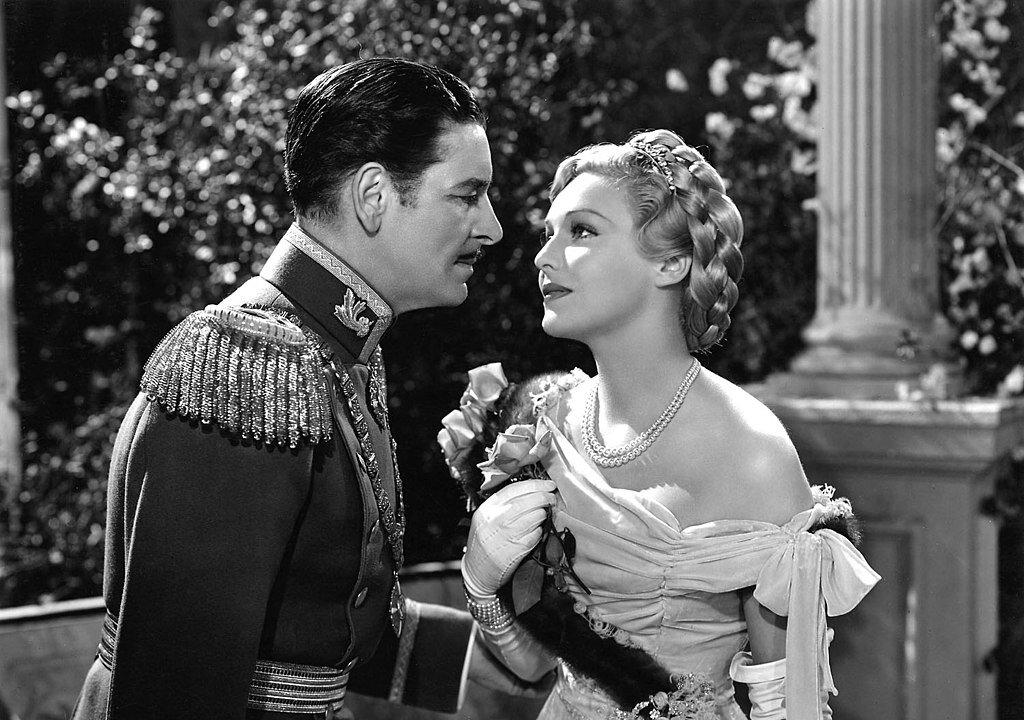As autumn falls in the flashing splendor and fading light of a dying season, we are invited, with the inevitability of the seasons, to face an inevitable fact: We, too, must die. No matter how commonplace this truth, it is still brutal in its brevity. How one understands it, however, makes all the difference—and good poetry is a good start for understanding anything.
Death, be not proud, though some have called thee Mighty and dreadful, for thou art not so; For those whom thou think’st thou dost overthrow Die not, poor Death, nor yet canst thou kill me. From rest and sleep, which but thy pictures be, Much pleasure; then from thee much more must flow, And soonest our best men with thee do go, Rest of their bones, and soul’s delivery. Thou art slave to fate, chance, kings, and desperate men, And dost with poison, war, and sickness dwell, And poppy or charms can make us sleep as well And better than thy stroke; why swell’st thou then? One short sleep past, we wake eternally And death shall be no more; Death, thou shalt die.
This poem raises a mocking toast to Death, calling out his derivative weakness and subjugation as a pawn of malice and malady. It leaves Hades no grounds to swell in the scope of his dominion, despite his dominance. For death is nothing compared to the dominion that every man and woman can claim over it, who are empowered to conquer the mere sadness of death by the sheer significance of life.




